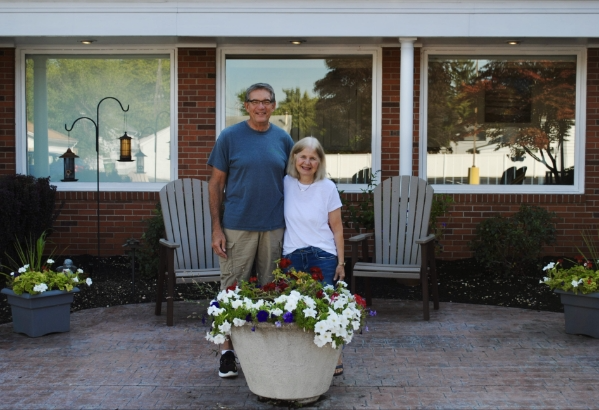To Do or Not to Do…A Funeral
With more people choosing to not hold any services when a loved one dies, I thought it might be beneficial to look at the pros and cons of having a funeral or memorial event when someone we love dies. Full disclosure.. I am a funeral director and have dedicated my career to helping families create and plan meaningful memorial events. I am biased in favor of having funerals. But I respect that not everyone shares my viewpoint.
First let’s look at the cons. The reason a family may decide to not have any event after a death. Here are some of the reasons that I hear most frequently. He outlived all of his friends; she just moved to the area recently and not many people know her; she did not want us to make a fuss; he specifically told us to just cremate him; funerals are too expensive; it will be too complicated to plan, etc. Nothing listed above is an illegitimate statement or concern. These are real situations and realities. But I think there is a different way to look at these situations. There is more to the story.
Consider the following. Your mother dies. You and your sister decide that you will not have any services because she has outlived many of her friends. Now it is two weeks later, and you are at the grocery store. You run into a friend. Because your friend did not have an opportunity to support you at a visitation and has not had a chance to send a card, she feels awkward but is compelled to offer you her sympathy about your mother. A few aisles later you bump into an acquaintance who does the same thing. This continues to happen regularly over the following few months.
Each time it happens, the people are well meaning, but it continually brings up the emotions you have about losing your mother. It exhausts you. Had a funeral or memorial event taken place, people would have had an opportunity to give their support to you at a predetermined and specific time. Those who cannot make the event generally know that a card, donation, or call close to that time is also appropriate. Because there is a stated time of remembrance, condolences are expressed then. An obituary or death notice is a family reaching out to the community and saying, “I have had a significant loss, please support me, here is the time and place to do that”.
Regardless of the life situation of the deceased, funerals remain physically, psychologically, and emotionally important to have. Humans have held memorial events since there have been humans because they work. They perform a function that needs to be done in the most effective and efficient manner. Alan Wolfelt, PhD., has written much on this subject. Through his work he has determined that families that have a well-planned, authentic, and meaningful funeral, more effectively begin to heal from the loss than those who do not.
Funerals help us acknowledge the reality of the death. Often, the deceased is present for us to see one more time. Friends and families share memories and tell stories. There are tears and there is laughter. The life is remembered and commemorated. The significance of the person who has died, and the life that they shared with their family and friends is established.
It concerns me that in our fast-paced and practical culture, we are moving away from the most practical way of dealing with losing someone we love. When someone we love dies, we need structure, and we need support from our family and friends. Our family and friends also need to give and get support. Funerals and memorial events provide the structure and the means of mutual support.
Learn more about our funeral and memorial event options.
by Keith Walker



